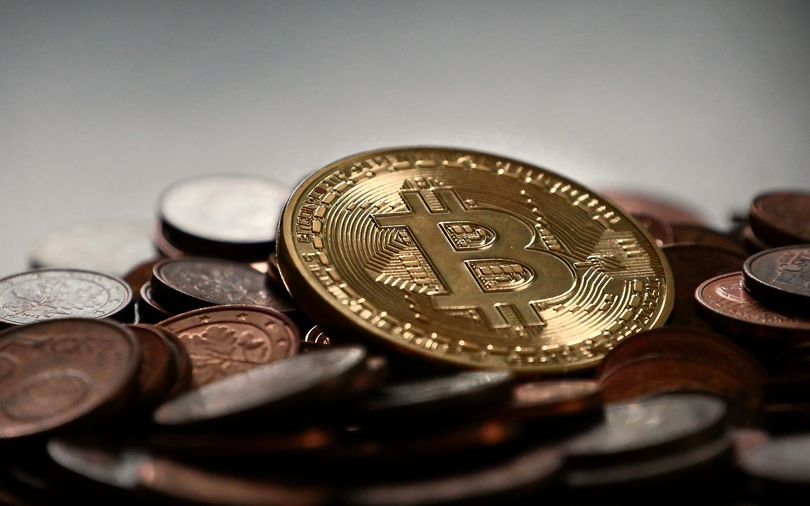
Bitcoin, the world’s first cryptocurrency, has seen its value skyrocket over the last six months. Its price, which hit an all-time high of $2,900 (over Rs 1.87 lakh) last month, is currently around $2,568 (over Rs 1.66 lakh), and Goldman Sachs predicts it will go past $3,915 (over Rs 2.53 lakh) if one stayed invested long enough.
However, in India, not only is the technology nascent, but there are also questions around bitcoin’s legality. A few months ago, media reports quoted a Union minister as saying that using bitcoin in India was illegal and could attract a penalty under anti-money laundering laws. But the report turned out to be unsubstantiated.
The Reserve Bank of India has stepped in and formed an inter-disciplinary committee to discuss the legality of cryptocurrencies. The committee is expected to submit its report by the end of July, and it is widely expected that it will propose making virtual currencies legal in India.
The absence of a regulatory framework for bitcoin, however, is not an India-specific problem. Governments and users around the world are still getting used to the idea. However, the ecosystem has got a boost of late with the Philippines and Japan legalising bitcoin and related businesses, and Australia confirming it will treat bitcoin just like money and not levy double taxation on it.
That bitcoin is illegal in India is a myth that needs to be broken, says Saurabh Agrawal, co-founder of Zebpay, a bitcoin exchange. “Bitcoin is legal in the US, EU, Japan, etc. Even in India, it is legal as per all existing laws. More than a lakh merchants accept bitcoins worldwide…Just that you buy or sell at your own risk,” he adds.
Despite the regulatory uncertainty and nascency of the market, several bitcoin startups and exchanges in India have taken the leap of faith. But before we get there, here’s a quick overview of the ecosystem.

The ecosystem
The bitcoin network consists of miners, exchanges, independent wallet service providers, and blockchain applications.
Bitcoin mining is how transactions on the network get processed. People have to compete to ‘mine’ bitcoins, using computers to solve complex math puzzles. The winner of each block gets fifty coins for the first four years, twenty-five coins for the next four years, and half as much again every four years. The creation of new coins will halt after 21 million coins are released into the world. 16 million coins are already in circulation.
For the ecosystem to take off, an exchange is the first infrastructure that needs to be built.
“It’s the exchange that provides value to the currency and to these digital tokens. And these digital tokens are the revenue for the other part of the ecosystem, called miners. Miners play the role that traditional financial companies have. They actually verify and record the transactions in a de-centralised way,” says Sandeep Goenka, the other co-founder of Zebpay.
Just like people keep gold in the locker for security, there are independent wallets where investors can store their bitcoins. Bitcoin exchanges also offer wallets.
Blockchain, a term often confused with bitcoins, is the technology behind cryptocurrencies. Actually, blockchain is a public ledger (decentralised database) that stores and validates bitcoin transactions. If a transaction gets recorded in a blockchain section, it becomes immutable.
“Blockchain is just a technology. Imagine blockchain to be the Internet and bitcoin to be…

